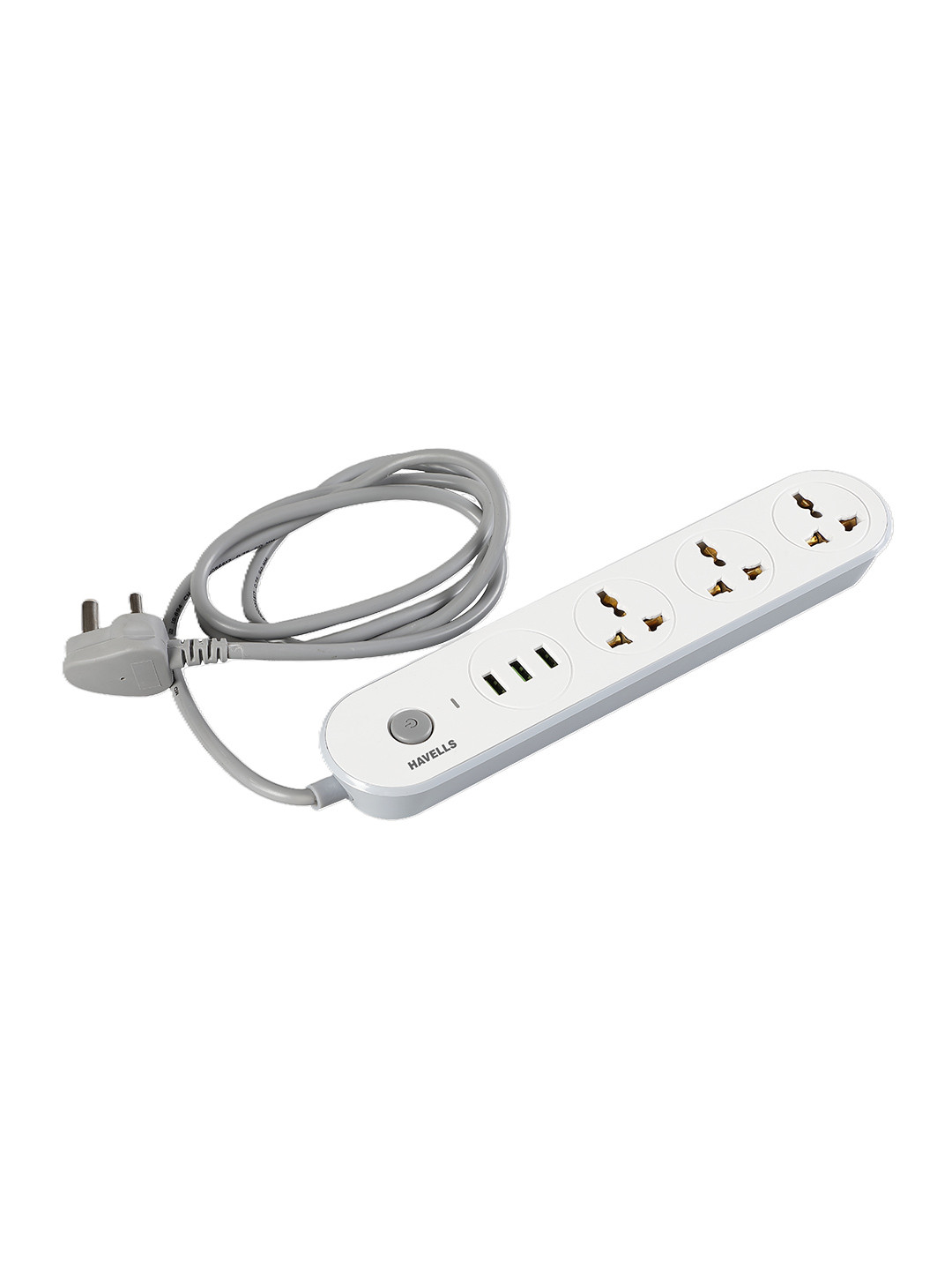Best Laptops For Students: Are Expensive Ones The Best Choice?
Choosing the perfect laptop for studies isn't just about ticking boxes for specifications or following trends. Best laptops for students? Here is a student's guide to laptops and we unpack whether expensive models are truly the best investment for college.

Best Laptops For Students In 2025: Should You Spend Big Or Save Smart? Check 10 Tips.
The laptop market is like a bustling bazaar, filled with shiny models, tempting deals, and the occasional persuasive salesperson claiming, 'This one is perfect for students!' But what does 'perfect' even mean when you're balancing classes, projects, presentations, and a budget that can barely handle an extra coffee from the campus café?
Some students swear by the power of high-end laptops, the ones that can run heavy software, handle complex coding tasks, or edit videos at lightning speed. Others believe that a simple, affordable device does the job just fine. The debate has only grown louder in recent years, especially as online learning and hybrid classrooms have become the new normal.
So, does spending ₹1,00,000 or more guarantee a better academic experience? Or can a modest machine still help you score well, binge your favourite shows, and survive those last-minute assignments? Best laptops for students? Here is a student's guide to laptops and we unpack whether expensive models are truly the best investment for college. Let's break it down.

The Best Laptops for Students, and Why Expensive Models Aren't Always the Top Choice; Photo Credit: Pexels
1. Understanding What Students Actually Need
Before diving into brands and price tags, it's worth asking, what exactly is the laptop for? A first-year student in an arts programme doesn't need the same specs as someone pursuing graphic design or engineering.
For basic usage, typing assignments, attending online lectures, browsing research papers, or making presentations, an entry-level laptop around ₹35,000 to ₹45,000 is often more than enough. Brands like HP, Acer, and Lenovo offer solid performers in this range.
On the other hand, students dealing with data-heavy software like AutoCAD, MATLAB, or Adobe Premiere Pro genuinely need more RAM, better processors, and dedicated graphics, something mid-range or premium laptops can provide.
The key is balance. Buying a machine far beyond your actual needs can feel fancy, but it often ends up being an unnecessary drain on your wallet.
2. Budget Laptops: Pocket-Friendly, Purpose-Driven
Budget laptops, typically priced between ₹30,000 and ₹50,000, have come a long way. No longer slow or bulky, they now offer sleek designs, decent processors, and surprisingly good battery life.
Take, for example, the Asus VivoBook series or the Lenovo IdeaPad 3. They handle Microsoft Office, Google Docs, Zoom calls, and even light entertainment with ease. These machines are perfect for students who need reliable devices without straining family finances.
The trade-off, of course, lies in limitations, slower processing for heavy tasks, less storage, and basic displays. But if your academic workload doesn't involve advanced software, why splurge? Imagine saving ₹50,000 and using it for books, a weekend trip, or even upgrading your laptop after graduation when your needs have evolved.
Sometimes, practicality beats prestige.
3. The Appeal of Expensive Laptops
Expensive laptops, think MacBooks, high-end Dell XPS models, or premium HP Spectre variants, are undeniably tempting. Sleek aluminium builds, retina displays, whisper-quiet keyboards, and lightning-fast processors make them irresistible.
For students diving into coding, design, architecture, or video editing, these machines are more than a luxury. They're powerful tools that help complete demanding tasks efficiently. A MacBook Air M2, for example, can breeze through programming tasks while offering unmatched battery life.
But here's the thing: not every student will fully utilise what a premium laptop offers. If your usage is limited to assignments, OTT platforms, and casual browsing, splurging ₹1,20,000 just for the logo doesn't make financial sense. Expensive laptops are incredible investments only if you genuinely need their performance.

Expensive laptops offer tempting features like sturdy builts and quiet keyboards; Photo Credit: Pexels
4. Longevity vs. Immediate Needs
One common argument for buying an expensive laptop is its longevity. 'It will last at least five to seven years,' parents often reason while justifying the extra expense.
True, premium laptops usually age better. High-quality builds, faster processors, and better software support mean you won't be looking for upgrades soon. But here's the flip side, technology evolves rapidly. By your third year, even an expensive laptop may feel outdated if your academic requirements change.
A budget or mid-range device, meanwhile, might cost less upfront and still serve well for a solid three to four years. When it eventually feels slow, you can upgrade to a newer model without breaking the bank. It's like buying two mid-range laptops over eight years versus one costly device upfront, and still spending less overall.
5. Performance Isn't Just About Price
Price doesn't always guarantee performance. Many budget and mid-range laptops now feature processors like AMD Ryzen 5 or Intel i5, offering speeds good enough for multitasking, light coding, and even some gaming.
It's about knowing which specs matter most for your field. An engineering student should prioritise a good CPU and ample RAM. A film student should focus on a high-quality display and graphics support. Meanwhile, students in commerce or humanities can do just fine with a basic configuration.
A ₹55,000 laptop with the right balance of specifications often outperforms a flashy ₹1,00,000 model that isn't optimised for your actual workload.
Also Read: Top 5 Budget Laptops Under ₹30,000
6. The Lifestyle Factor
For many students, laptops aren't just academic tools; they're part of their lifestyle. A sleek MacBook on a café table feels like a statement, and there's nothing wrong with wanting a device that matches your style.
However, buying for appearances alone can lead to regret, especially when assignments lag because your budget didn't cover the software you actually need. It's fine to factor in design and build, but not at the cost of core performance or financial strain.
That said, there's something motivating about using a device you genuinely enjoy. If a premium laptop inspires you to spend more time studying or creating, and you can afford it comfortably, it might just be worth it.

Go for a laptop that matches your aesthetics and serves the purpose wonderfully; Photo Credit: Pexels
7. The Battery Life Debate
No one likes being that person in the lecture hall searching desperately for a plug point because the laptop battery gave up mid-class. Battery life is often overlooked during purchase decisions, but becomes a daily frustration later.
Premium laptops like MacBooks or Dell XPS models easily last 10 to 12 hours on a single charge, which is a lifesaver during long days of back-to-back lectures and library sessions. Budget laptops, on the other hand, usually offer 4 to 6 hours, meaning you need to carry the charger everywhere.
For students constantly on the move, switching between classrooms, labs, and cafés, spending a bit extra for a superior battery life can save a lot of daily hassle.
8. After-Sales Support and Reliability
A laptop isn't just a one-time purchase; it's a long-term relationship. This is where after-sales support plays a crucial role.
Brands like Apple and Dell have excellent service networks, offering quick turnaround times and reliable support. Mid-range brands often have decent coverage but may lack consistency in smaller towns or during peak service periods.
If you're planning to invest in a pricier laptop, make sure the service network is strong in your area. Spending a little less but struggling with repair delays can quickly turn into a nightmare during exam season.
9. The Emotional Side of Buying
Buying a laptop isn't purely logical. There's excitement, pride, and sometimes a touch of pressure. Many students feel the urge to buy a high-end device simply because their peers have one.
Here's where perspective matters. A laptop is a tool, not a trophy. If a budget-friendly machine can get the work done just as well, there's no shame in sticking to it. On the other hand, if you've worked hard and saved up for a premium model, there's nothing wrong with indulging in the joy of owning it.
What truly matters is aligning your choice with your academic needs and financial reality, not with trends.

Consider your academic and personal needs when choosing a laptop
Photo Credit: Pexels
10. Making the Smart Choice
So, should students always choose expensive laptops? The answer lies somewhere in the middle.
If your coursework demands high performance and you can afford the extra investment, a premium laptop will serve you well for years. But if your requirements are basic, a budget or mid-range laptop offers excellent value without burning a hole in your pocket.
A good approach is to map out your actual needs, set a clear budget, and explore options within that range. Waiting for festive sales or student discounts can also help you grab better deals, saving you enough for a few extra pizza nights with friends.
At the end of the day, the 'best' laptop isn't the most expensive one in the store; it's the one that quietly supports your academic journey without adding financial stress.
Products Related To This Article
1. ASUS Vivobook 15, Intel Core i3-1315U 13th Gen
2. Acer Aspire Lite, AMD Ryzen 3 5300U Processor
3. Dell 15 Thin & Light Laptop, 13th Generation Intel Core i3
4. Lenovo V15 G4 AMD Ryzen 5 7520U 15.6 inch FHD Thin
5. HP 15s, 12th Gen Intel Core i3-1215U
Buying a laptop as a student is a big decision, and the sea of options can be overwhelming. But the golden rule remains simple: match your needs, not your neighbour's. A device worth ₹45,000 can serve you brilliantly if all you need is smooth performance for everyday tasks. Likewise, investing in a high-end laptop makes sense only if your academic path demands that extra power.
The trick is to think practically, spend wisely, and remember that a laptop is a tool, not a measure of success. Whether it's a budget-friendly workhorse or a premium powerhouse, what truly counts is how well it fits your unique journey. You can also buy laptops online to explore different models and features and find what's best for your goals.
Disclaimer: The images used in this article are for illustration purpose only. They may not be an exact representation of the products, categories and brands listed in this article.

























